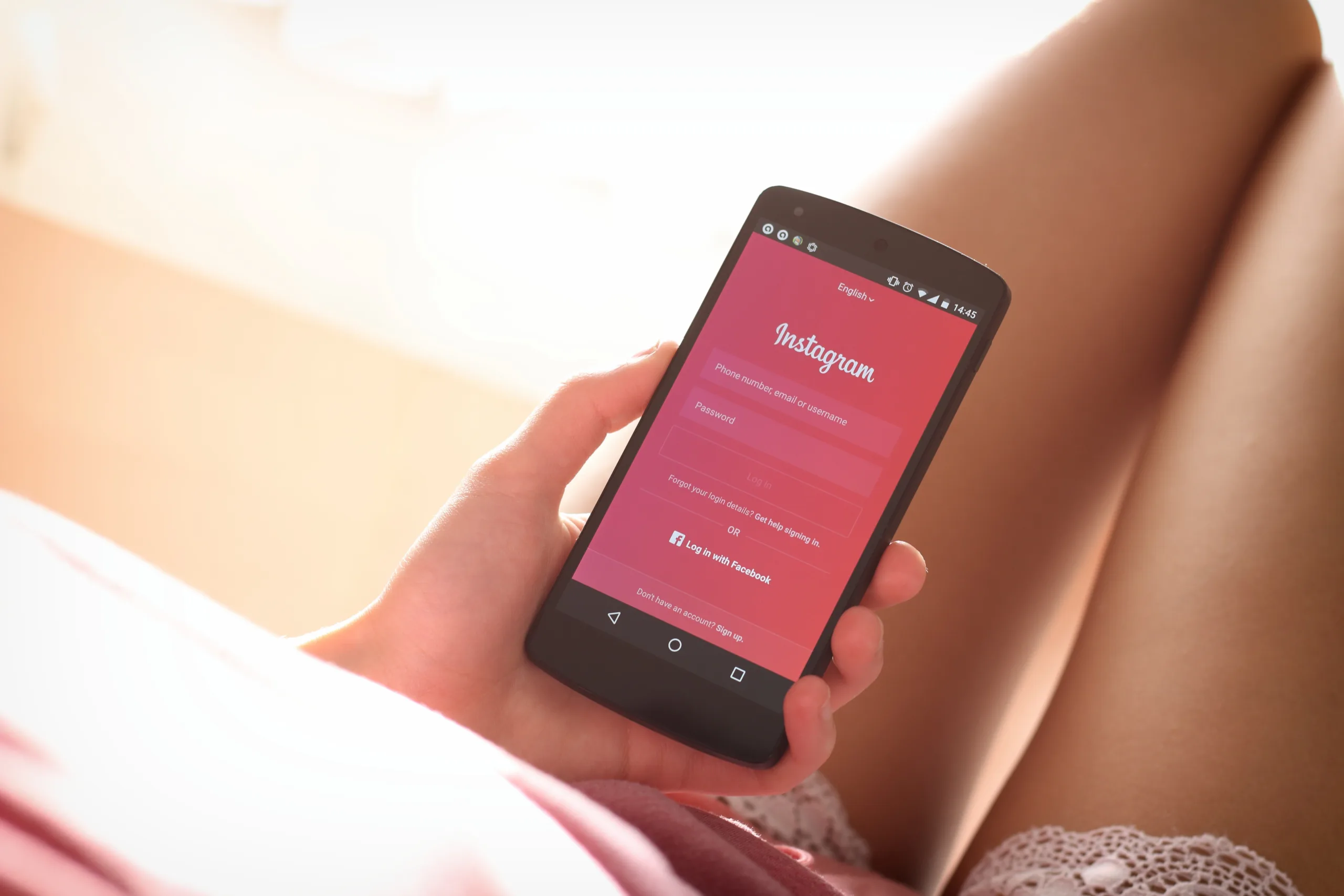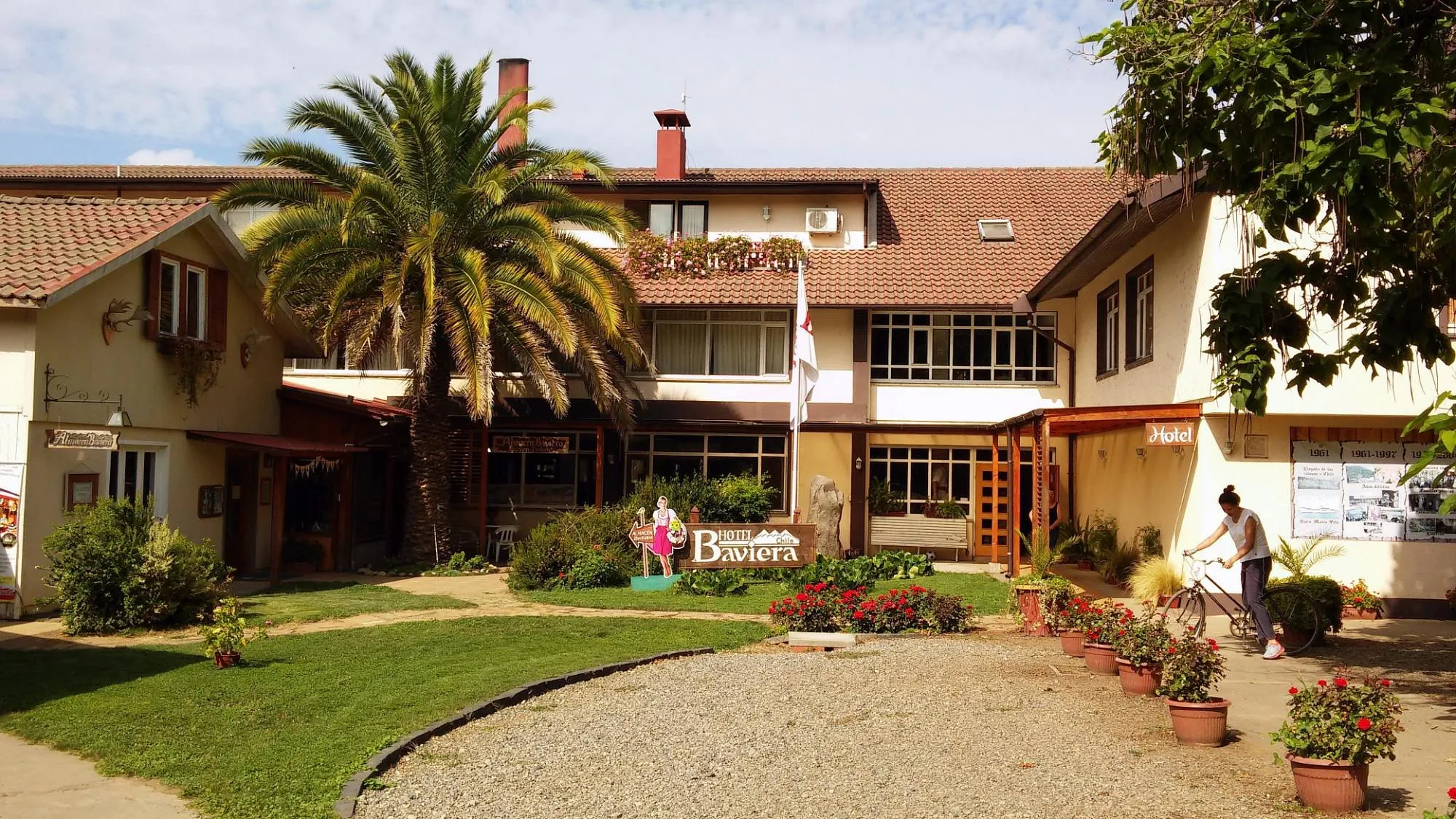Choosing a hotel for your vacation or tour is no longer decided by asking your friends and family. In today’s world, people want everything at their fingertips. You can also benefit from building an online presence for your hotels and motels if you are in the hospitality business.
According to studies, 81% of travellers research hotels online before booking. The hospitality industry must establish a strong online presence with the massive influx of social media into our lives. Bookings are increased, revenue is increased, and hotel promotions are promoted.
In the digital world, the hospitality industry requires a strong web presence for several reasons.
Stories with visuals
People tend to remember visuals more than words. It will be easier for customers to choose the hotel and room they desire if they have a beautiful visual view. Your customer will feel emotionally moved when you present bold images of your property. Consequently, it will increase the likelihood of booking and rebooking. By showing your hotel on your website, you can generate more customers for your hotel.
Online presence boosts customer’s trust
You can get reviews from previous clients if your business has a website, blog, and social media account. Your hotel will be more likely to attract new customers if you write a positive and truthful review. As a result, you can multiply your profits and customer rate.
Effortless Marketing
Most marketing problems can be solved using an online presence. Your hotel’s website can be searched by customers and provides all the information they need. It won’t cost you anything additional to market your services.
Online presence shows what works and what not
You will learn about your competitors and the current trends with an online presence in the digital world. Monitoring your website’s and social media metrics is also possible. This will reveal your popularity with your customers. You can always improve your posts if many people like them, and if they dislike them, you will know their tastes.
Keeping in touch with clients
An online presence can reach and connect potential and previous customers. This way, prospective customers can receive information in their language and according to their tastes at a low cost.
10 Steps To Create a Strong And Cohesive Online Presence
The internet is one of the most important aspects of modern marketing. However, advertising online can be a simple, thousand-dollar website. A cohesive and strong online presence can be achieved by following these 10 steps.
1. Build an email list
Create and grow an email list to build your online presence. You can engage with current and potential customers weekly, monthly, or daily with the help of an email list. By creating gated content, you can grow your email list. Your newsletter can also be promoted via a call-to-action (CTA) on your website. Additionally, a newsletter allows you to collect leads’ emails and show that your content is of interest to your leads.
2. Master SEO
One of the best ways to build your online presence is to optimize your website for search engines (SEO). To appear online when people search, you must master SEO. A website’s search engine optimization can be divided into two categories — on-site and off-site.
The content is the most important part of on-site SEO. Create educational content that matches your target audiences’ search queries, use keyword research, and include internal and external links. The more technical side of off-site SEO will be your focus. A quick-loading site, for instance, will need to be set up correctly, have simple URLs, and have a simple URL structure. A backlink campaign is also an integral part of off-site SEO. As well as optimizing your on-page SEO, you can also audit your website.
3. Create Value
Your company or brand wants to make money in the long run. Creating value and focusing on your customers is the first step to making money. Providing free, educational content on the internet is one way to create value. Additionally, it will enhance your online presence and offer your customers a better experience. List the pain points and motivations of your customers. Consider your buyer personas. Answer their questions by brainstorming content. Could your customers benefit from this information? Your content strategy will be based on this. The ability to give advice online can also add value. Guest posts, comments, and podcasts are great ways to do this. Customers should be able to ask you questions anywhere.
4. Be active online
Being active online is essential to showing up online. Maintaining social media accounts and posting to your owned properties is essential. It is also important to be active in other areas. Social media, for instance, should be used to engage followers and subscribers. It’s always a good idea to join the conversation on a topic that’s being discussed in your industry.
5. Analyzed your results
The first step in building your online presence is to analyze the results you get after trying a few tactics. Test your strategies to see which ones work and which don’t.
Before you begin testing your results, you should decide what metrics you will use. If you’re working on SEO, Google may be a good place to track search engine results. An excellent way to measure the success of your email campaign is to track the number of subscribers, as well as opens and click-throughs. These are long-term strategies. Results may appear later for some. Brand awareness, for example, may take more work to track. However, even though results may be hard to track, it still needs to be worthwhile.
6. Adopt new forums
Be the first to adopt social media or popular websites when they emerge. Taking advantage of new technologies early has many benefits. The first advantage is that there is less competition if you are an early adopter. These websites have high engagement rates and are usually free, to begin with. Stay on top of industry news and research new, upcoming sites if you want to be an early adopter.
7. Have a social media presence
Today, it’s essential to be on social media. The number of people on social media worldwide reached 3.2 billion in 2019, making social media a vital tool for reaching your intended audience. Customers and prospects trust you when you are active on social media. In my experience, when a company lacks a social media presence, I lose trust and feel unsure of its existence. As an added benefit, social media allows you to establish credibility and reputation as well as showcase your brand. Potential customers will first look to social media when researching your brand to see what you’re posting and what other people say.
8. Make a website
Having an online presence is a must to show up online. People will likely search your website first before going to social media. You can display your brand on your website by using colours, fonts, texts, videos, and images. Present a solution to your buyer persona’s pain points. A number of CMS sites are available for creating websites, including Wix, WordPress, and Squarespace.
9. Produce content
Content produces more opportunities to appear online, so the more you produce, the better. Search engines, social media, and video sites like YouTube are all part of having an online presence. Strategize where you want to appear online once you’ve started producing content. Which social media platform do you prefer: Facebook, Instagram, YouTube, Twitter, Pinterest, Etsy, Poshmark, Goodreads, or Amazon? Determine the mediums where your customers spend the most time (based on your research) and brainstorm content that fits those mediums best. YouTube, for example, allows you to make video content — whereas Instagram allows you to create photos and captions.
10. Automate your process
Last but not least, improving your online presence involves numerous tedious tasks. Make sure some of your processes are automated to ensure the system’s smooth operation. Social media platforms and your CMS can be scheduled to publish your content. You can also curate other people’s content, which allows you to constantly provide your audience with valuable resources without constantly creating new content. Additionally, you can set up automatic email signup forms on your site, which will send you email marketing newsletters in advance.
Conclusion
Creating an online presence also benefits businesses outside of the hospitality industry. You can use these strategies to establish your presence and grow it to match your business objectives. Your online presence, brand awareness, and reputation can be built through these marketing strategies. Your effort to create an online presence will pay off with increased sales and better brand awareness over time.





